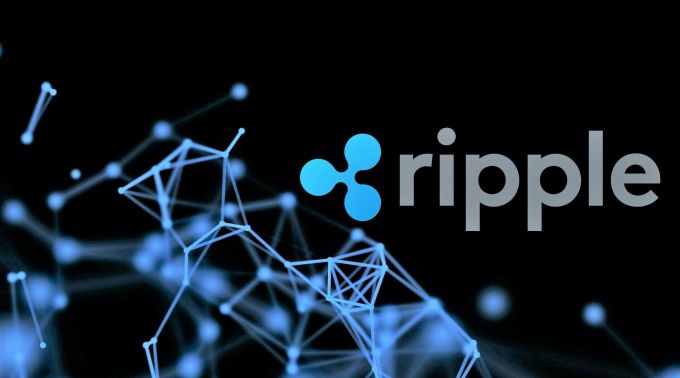
The Effects Of The SEC v Ripple Ruling Remains Ambiguous: Bank of America Insists on ClarityThe Effects Of The SEC v Ripple Ruling Remains Ambiguous: Bank of America Insists on Clarity The aftermath of the court ruling in the Securities and Exchange Commission’s (SEC) case against Ripple continues to be debated along many lines as industry analysts mirror the judgment to find needed regulatory direction.In a new research report released on Friday, Bank of America (BAC) opined that a holistic look at the ruling shows that it did little or nothing to clarify the current situation. Specif...
The aftermath of the court ruling in the Securities and Exchange Commission’s (SEC) case against Ripple continues to be debated along many lines as industry analysts mirror the judgment to find needed regulatory direction.
In a new research report released on Friday, Bank of America (BAC) opined that a holistic look at the ruling shows that it did little or nothing to clarify the current situation.
Specifically, the bank noted that Ripple’s offerings of XRP were unique making its “implications, difficult to determine.”
Analysts at the bank led by Alkesh Shah and Andrew Moss explained that the subsequent sale on exchanges did not create investment contracts therefore in line with security laws.
“The judge ruled that Ripple’s programmatic sale of XRP on digital asset exchanges did not constitute an unregistered offer and sale of investment contracts, but primarily because an initial unregistered offering and sale to institutional investors had already occurred that created a market.”
On July 13, the US District Court of Southern New York handed Ripple a partial victory over the SEC after it ruled that sales on exchanges and via algorithms are legal but the previous institutional sales were in violation.
While many observers look at the positives including the re-listing of XRP on Coinbase followed by a renewed institutional confidence, others believe that the matter is not settled leaving room for more drastic actions by the SEC.
Per the report released by BAC, for a sustainable investor environment and mainstream institutional adoption, a clear-cut regulatory framework is necessary.
At the moment, the bank said it continues to differentiate between crypto assets and the trading of traditional finance assets including Exchange Traded Funds (ETFs), which “rules are already established and trading volumes have already reached trillions of dollars.”
SEC Appeal? Not yet a defense
A major reason for industry executives pushing for more regulation in the sector is the perceived appeal of the SEC. Though not confirmed, Gary Gensler expressed dissatisfaction over the ruling, and recent trends point towards it.
Court filings by the Commission in the case against Terraform Labs suggest that an appeal could be imminent. The financial watchdog stated that the decision was flawed urging the court not to tow the same line.
“Those portions of Ripple were wrongly decided, and this court should not follow them.”
However, popular web3 and pro-XRP lawyer John Deaton has stated that the ruling against the SEC is huge and an appeal, should it happen, is not a setback for the community.
“An appeal is not even close to a setback. Don’t let anyone underestimate how significant this win is.”
Deaton added that it would be two years before a decision is reached by the 2nd Circuit highlighting that Judge Torres’ decision is law until then.
However, without adequate regulation, future actions by the SEC to go after several altcoins that it considers unregistered securities could justify the fears of the Bank of America.




